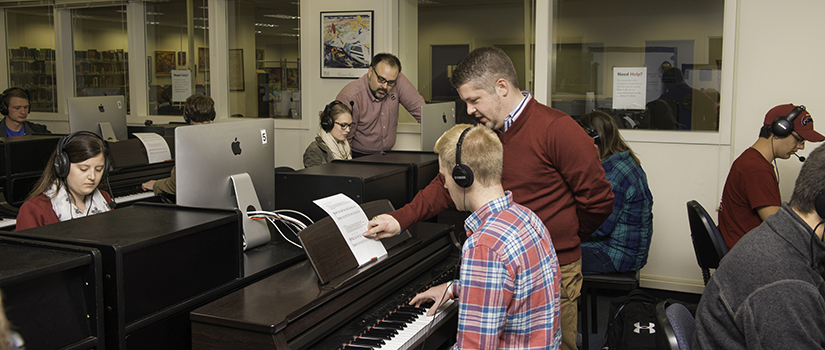About the Music Theory Area
We provide students with a wide variety of innovative courses designed to serve the
needs of our undergraduate and graduate degrees in composition, conducting, education,
history, performance and theory. We also offer research opportunities where students
can work closely with faculty mentors to explore interests in music theory and related
fields such as composition, musicology and technology.
The area regularly offers graduate-level courses in counterpoint, form and analysis,
post-tonal theory, analysis and performance, contemporary style analysis, pedagogy
of music theory, Schenkerian analysis and doctoral-level topics courses in areas of
faculty interest including Bernstein, The Counterpoint of J. S. Bach, Lutoslawski, Music and Mathematics, Music
and Modernism, Music Cognition, Music Since 1980, Post(Minimalism), Public Music Theory,
Theories of Rhythm and Meter, Transcription and Analysis, Schoenberg as Theorist,
Stravinsky, Survey of Analytical Techniques, and World Music Analysis.
Students profit from frequent visits by guests theorists, musicologists and composers.
Recent guests have included theorists Katherine Baber, Greg Barnett, Guy Capuzzo,
Maureen Carr, Daniel Harrison, Kyle Gann, Dave Headlam, Rebecca Jemain, Luis Jure,
Edward Klorman, Stephen Laitz, Joel Lester, Lisa Margulis, Elizabeth West Marvin,
Andrew McGraw, Robert D. Morris, Severine Neff, Deborah Rifkin, Steven Rings, Daniel
Shanahan, Joseph N. Straus and Dmitri Tymoczko.
Students interested in pursuing a music theory degree should contact J. Daniel Jenkins. All other inquiries should be directed to the area coordinator of music theory Reginald Bain.
Music Theory Faculty
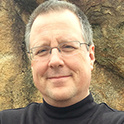
Reginald Bain
Reginald Bain has composed a wide variety of instrumental and vocal music that has
been performed by leading artists across the U.S. and Europe. He has written extensively
for the theatre and is an accomplished electro-acoustic composer whose works employ
unique tuning systems, algorithmic approaches, and musical sonification techniques.
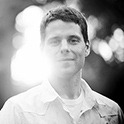
David Kirkland Garner
David Garner writes chamber, orchestral, electroacoustic and vocal works, often drawing
on other music as a point of departure, from Beethoven to bluegrass. A frequent source
of inspiration is the music of the American South. He is especially interested in
aspects of performance surrounding the tunes themselves including style, technique,
tuning, timbre, instrumentation and improvisation.
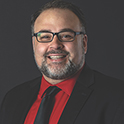
J. Daniel Jenkins
Daniel Jenkins' research focuses on the music and theoretical thought of Arnold Schoenberg,
the music of Elliott Carter, tonality after atonality and music theory pedagogy. Jenkins
won the Outstanding Teaching Assistant Prize at the Eastman School of Music in 2003
and the Edward Peck Curtis Award for Excellence in Teaching by a Graduate Student
from the University of Rochester in 2005.
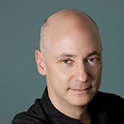
John Fitz Rogers
Composer John Fitz Rogers' music has been performed around the world in leading venues
and by ensembles and festivals like Carnegie Hall, Bang on a Can Marathon, Pittsburgh
New Music Ensemble and the Los Angeles County Museum of Art, among others. He has
received many commissions, fellowships and awards, including those from ASCAP, the
American Composers Forum and numerous others.

